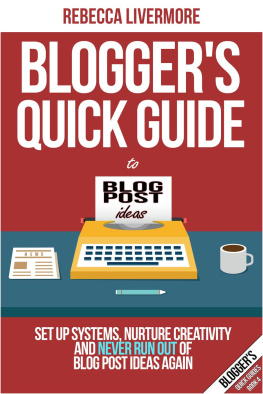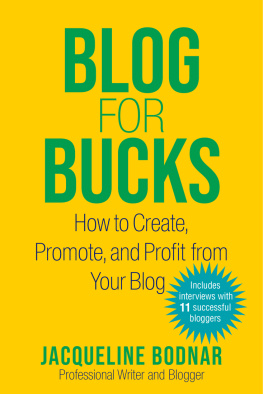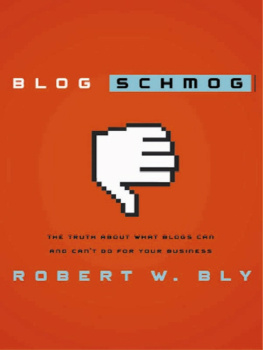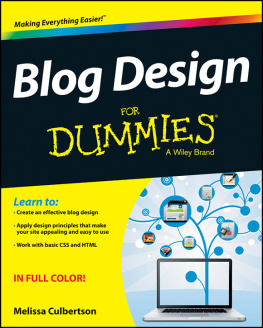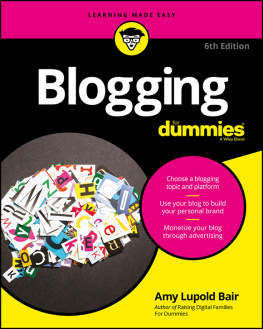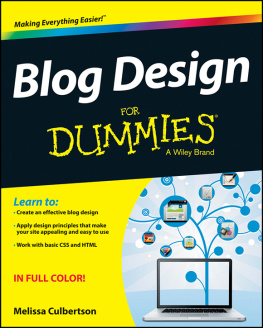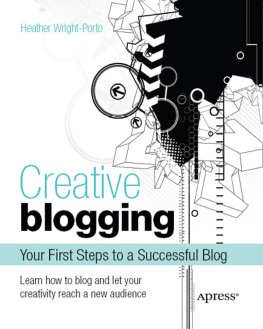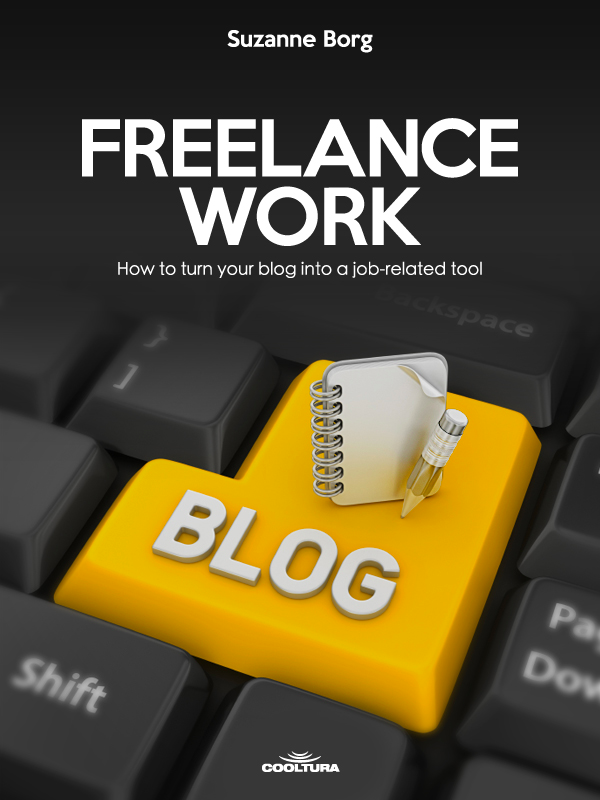Introduction
However paradoxical, free-lance work has become a safe path for many professionals today. Timing ones own working day, having the possibility to open oneself to new opportunities plus following personal and working goals at the same time are some of the rewards offered by this work modality.
Every professional wishing to set forth on this road will surely wonder how to start. This is indeed the beginning of the journey, when trial and error prevails, along with the conviction that even if immediate results are not obtained, a lesson will surely be learnt.
The option of working on ones own is particularly suitable for those services needing a client base, which can be built without the assistance of a large business structure. Also, certain people are naturally geared towards sales, which will facilitates the start on clear and solid grounds.
In any case, even if one knows what to offer, the main problem arises when there are hesitations on the appropriate means to propose it to the public and potential clients. Investing in advertising can prove unsuitable in such cases, since publicity can be useful to place a brand or an image in the market, but not to explain a series of services in detail.
The digital age boom, particularly since 2005 on, brought about blogs, which at the beginning were somewhat confusing as to their scope as a working tool and professional support, but which turned out to be the trigger of a full-fledged development thereafter.
It is no longer unreasonable to state that a successful professional career can be set up from the basis of a blog. In fact, there are a number of cases that could confirm this premise. Business ventures focused on sales, digital communication services and marketing, different teaching undertakings and many other activities have been the starting point of blogs which have become todays most consulted sites on the Web. But... why did this happen?
What is a Blog?
There are several definitions of a blog, none very accurate, but if we wish to narrow it down, a blog presents itself as a log book or space in the net where texts (called entries or posts) can be uploaded chronologically and published for public information.
The format of a blog will be different according to the authors taste. They can either be created by the users themselves with basic graphic design tools or by using ready-made templates, which provide ideas and combinations to decorate the virtual space. The degree of difficulty of the creation process will depend on the platform used. The best-known systems are Blogger, which does not require advanced knowledge, and Wordpress , used mainly for professional blogs which often become full-fledged digital media. The latter allow for a greater planning of contents and the possibility to include advanced tools to interact with the readers.
Another platform, called Tumblr, has also become popular. More than written postings, it enables large visual entries and it is often used to enhance the content of a digital media. Its success is due to a community of photographers and visual artists who, identifying themselves with this type of format, started using it to show their work in an independent and immediate manner.
It is important to understand the difference between a regular website and a blog since their management is quite different. A website needs a programmer and a designer to update it constantly, whereas a blog only requires a single person, usually the author of the content, who can change elements, upload new material or even assess the statistics on the number of readers (traffic) in real time.
Concerning the requirements needed to create a blog, there are clearly two main ones: curiosity and willingness to communicate. This will encourage the creator to update his/her space permanently and, of course, it will offer a tool capable of becoming the key to many work opportunities. On another hand, once the blog is developed, it will set the basis for ones own business venture.
A great advantage of this new tool to display ones professional talents is that technology keeps adjusting itself to attain ever higher degrees of development and service. So, if the creative universe of the blogosphere is starting to attract you: go right ahead!
Spelling out Your Passion
Do you have a passion? Do you talk about it constantly? If your answer to these questions is yes it is likely that you are ready to become an entrepreneur through a blog. In many occasions and particularly when the blogging world was first developed, many authors were amateur commentators or professionals using their blogs as notebooks to supplement their professional activity.
Nowadays, there are millions of blogs with a wide variety of authors and subjects. In order to further develop their jobs, certain people will open a digital window, while others will discover a new passion which can in the long run become a paid job.
Therefore, it is not necessary to be an expert in the topic you wish to talk about in the Web, but you do have to keep in mind that once you engage a relationship with a community of readers, you will acquire more and more responsibility. In order to be successful you need to offer quality content and a periodicity that will allow growth in the niche you have chosen. Also, new netwoks can be started with people sharing your same passion on a particular topic.
You will find the necessary inspiration, ideas and even strategies to have your blog develop and grow from browsing for hours the different platforms that host these sites. What is important is to collect data, watch what has been working well in other blogs and obtain a clear idea of existing materials in order to avoid, to the extent possible, repetition. This will give you a guideline on how to turn your blog into a professional site, step by step.
Subscribing to other blogs in the same field may be advisable mainly, on the one hand, to be informed on what has already been treated on the subject and, on the other, because collaborations among authors can arise. However, should you not be too clear on how to promote your blog, references could become a double-edged sword and over-influence your own model. The aim is not to copy others, so it may be better to let your imagination run free and flourish at the start so as to create something original and not fall into imitation, not even unwillingly.
If your blog has to do with your passion, you need to gather enough information on the topic before its launching so as to be able to elaborate not only on the entries but also on the visual material supplementing them. If the blog is about a completely new topic you have just ventured into, it would be advisable to look for sites that would facilitate this type of resources and then filter and adapt them according to your own criteria.
But be careful, because if you wish to turn your blog into a working tool (particularly free-lance), thinking about it unilaterally would be a mistake. After all, every enterprise or brand is responsible to its community (or segment) of clients. So, do you know who you wish to target? Would you and your readers have similar features or completely different? Are you ready to lead that community and allow at the same time others to express their opinions?


